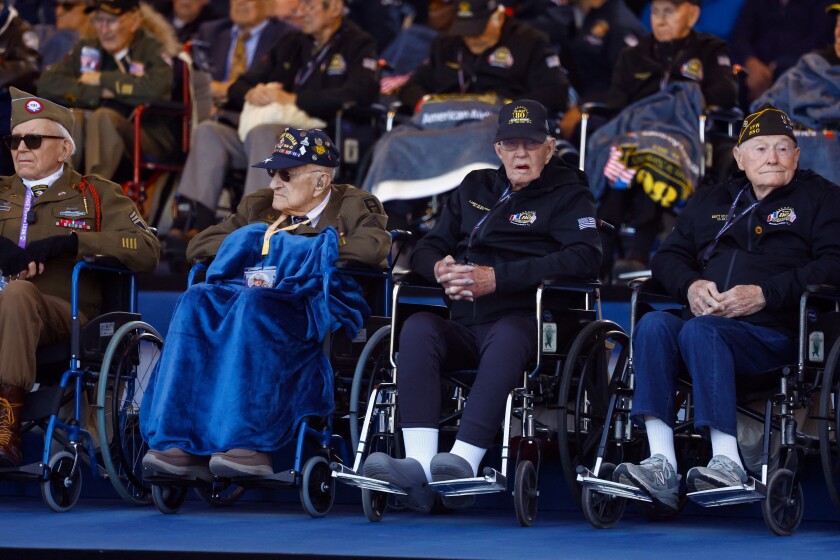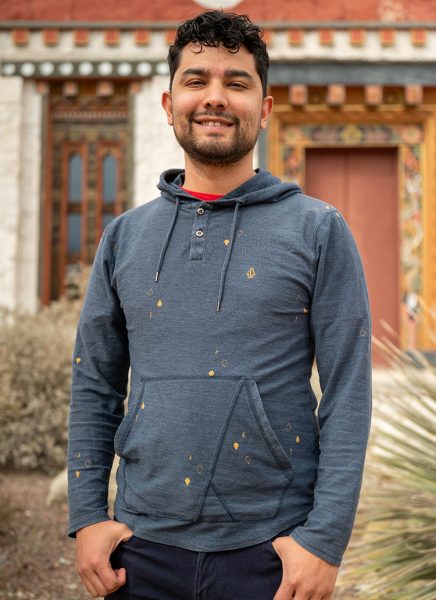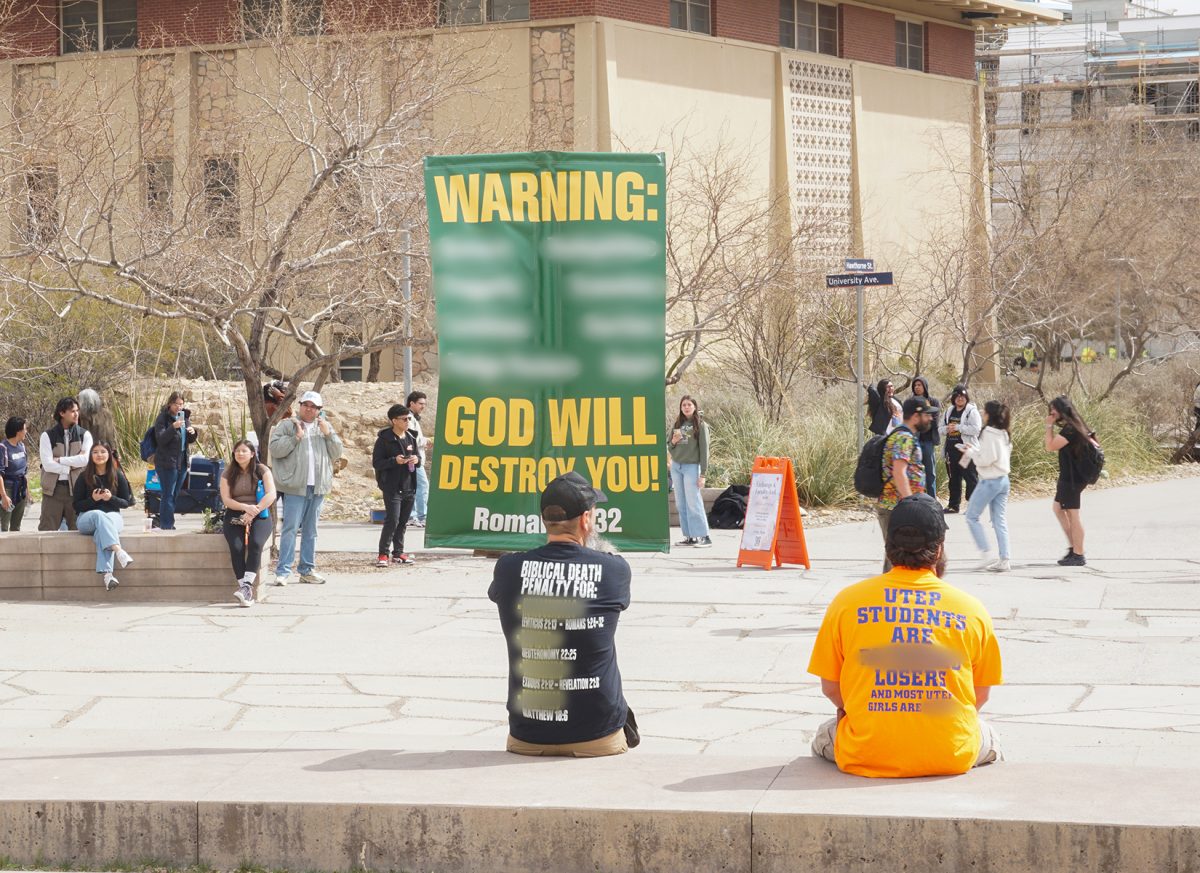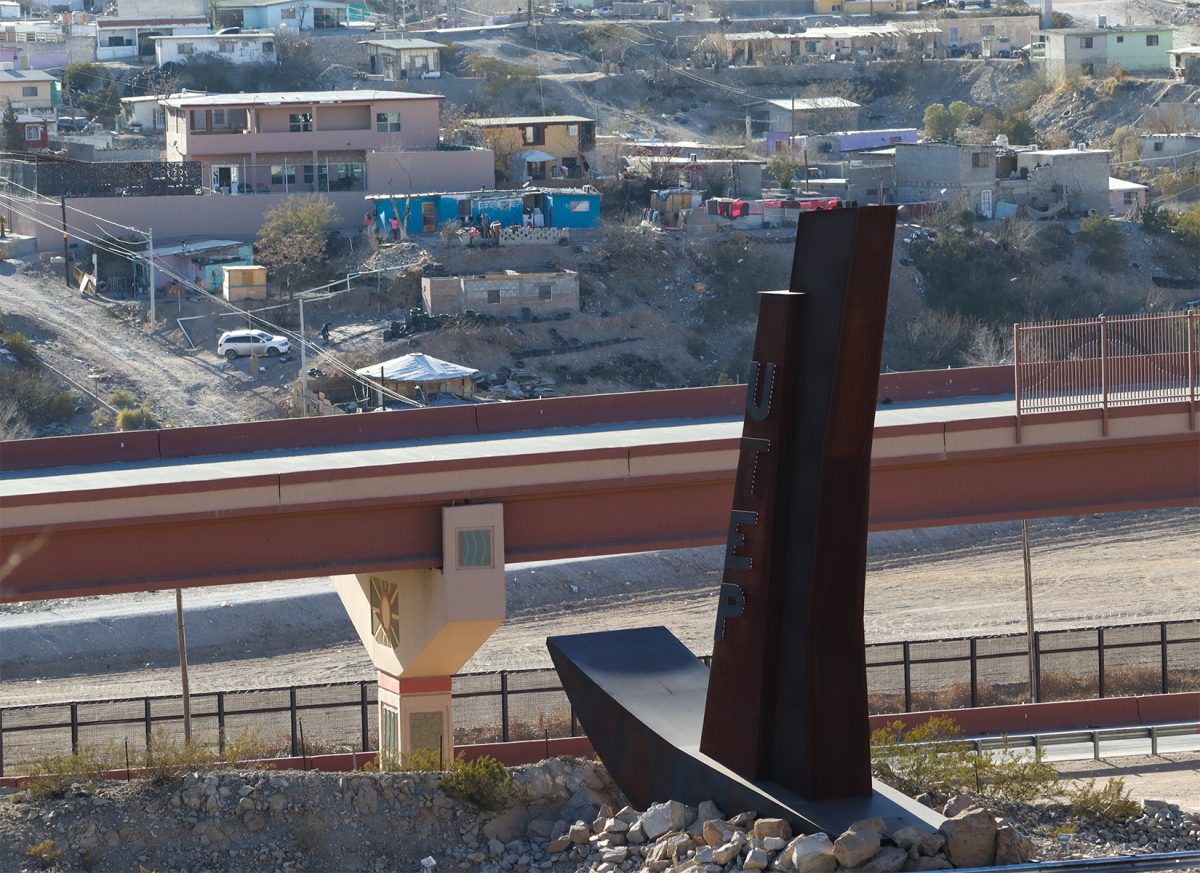80 years ago, the beaches of Normandy saw over 160,000 Allied troops battle as the starting point of freeing Europe of the tyranny of Nazi Germany. Just a week ago, some D-Day survivors were back on the Normandy beaches, commemorating what could be the last anniversary celebrated with living veterans of the battle and the war.
With the number of World War II veterans dwindling, firsthand accounts of the war are becoming increasingly scarce. This scarcity underscores the need for alternative sources of information to continue educating people about the war’s history and significance. That is precisely why this year’s celebrations were planned to be the biggest and most extensive yet.
“We are perfectly aware that for these centenarians, this is maybe the last chance to return to the beaches where they landed, where they fought and where their brothers-in-arms fell,” said Gen. Michel Delion, the CEO of the French government agency in charge of the French commemoration efforts, Mission Liberation.
Jack Foy, a 99-year-old veteran of the Battle of The Bulge who has been visiting the site since 2014, was reticent to say that this trip could be his and his fellow WWII veterans’ last.
“We realize we’re getting to the end of our time,” Foy said.
Amongst Foy were approximately 150 American WWII veterans traveling to Normandy, about two dozen of who fought on D-Day, along with a battalion of doctors and support staff to care for them.
Veterans from France, the UK, and Canada joined the American veterans, along with 25 heads of state and governments, including President Joe Biden, French President Emmanuel Macron, and Ukrainian President Volodymyr Zelensky.
WWII was the bloodiest conflict in the history of mankind, and D-Day was the largest invasion the United States has ever taken part in. Over 4,000 Allied troops gave their lives that day, and their sacrifice sparked the drive to Berlin which ultimately ended the war in Europe and freed them from Hitler’s grasp.
The years following the end of the war saw the dramatic nature of the event as fascinating to the American public due to the magnitude and scope of the invasion.
As time has passed, preserving the oral histories of individuals who experienced World War II is imperative to ensure that the legacy of the era is not lost. While veterans are still here, their enthralling and visceral first-hand accounts are better teachers of history than any textbook. So, collecting and documenting these stories contribute to a comprehensive understanding of the personal experiences and broader impacts of the war.
As the bitter reminder of the circle of life lingers, emphasizing the importance of preserving and educating about this period in history is essential for understanding the war’s profound impact and ensuring that its legacy endures for generations to come.
“People are realizing this generation is passing and they’re passing rapidly now, and it’s important to keep their stories alive, to keep the memories of those who died and are buried at Normandy, but also those who fought and survived because they can no longer be with us for that much longer to tell these stories,” Military historian Ben Brands said. “The 80th will be a very powerful event.”
Jorge Guajardo is the sports editor and may be reached at [email protected].







